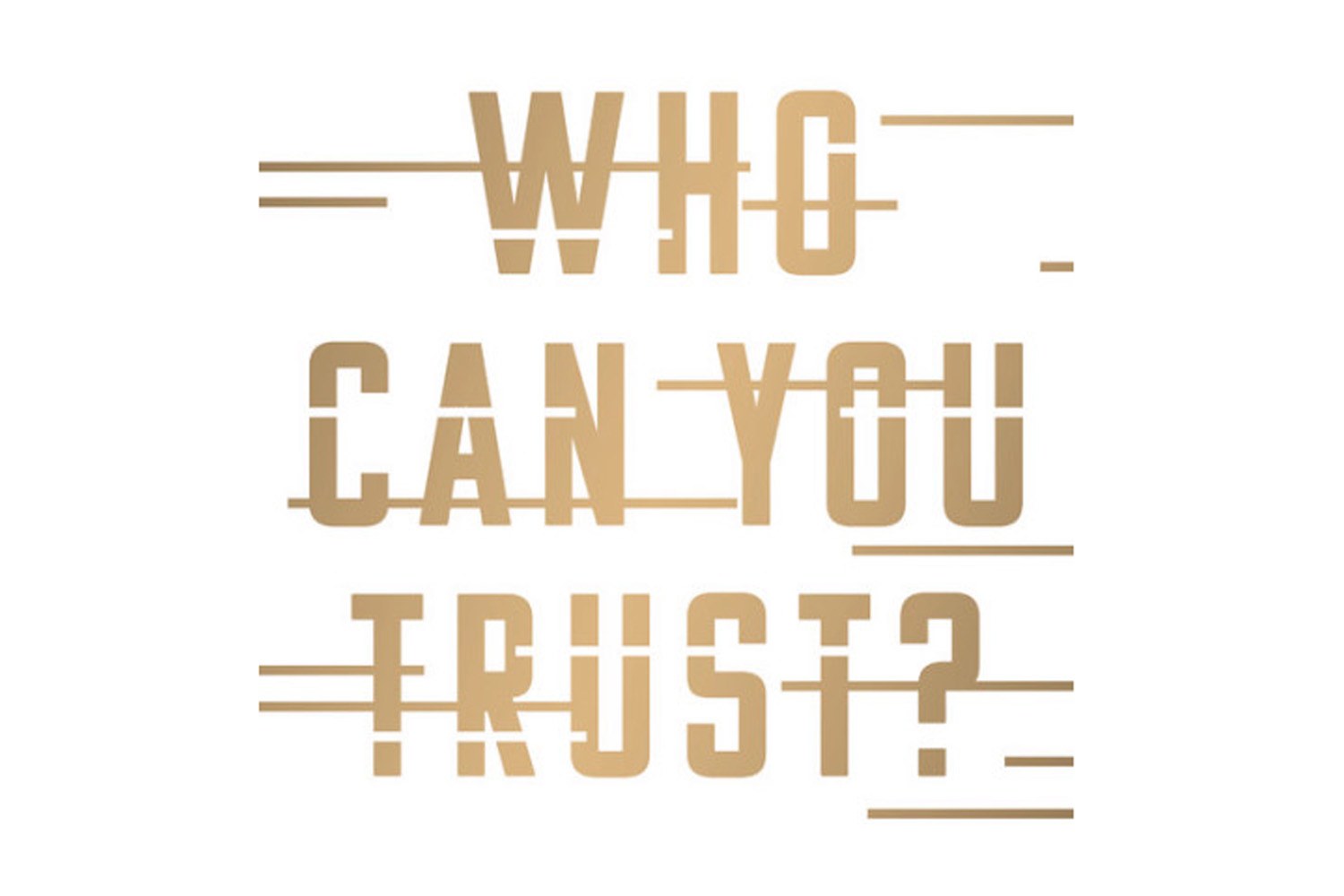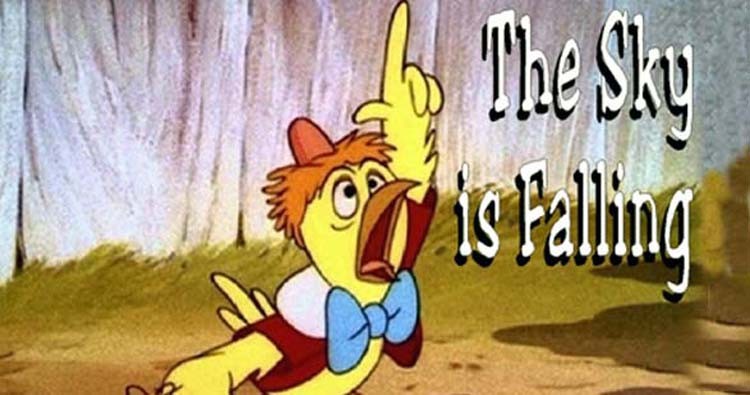Fractured Trust – An observation pertinent to the 2024 US Presidential Election.
From Volume 16, Issue 1: I’m taking the liberty of re-publishing and article that first appeared in May of 2019. It paints a picture of how things go when trust is not present. A line between a data point from May of 2019 and one from today I believe points in a disappointing direction. I pose the question “What can be done to enhance trust in our American culture today?” Build mass-flourishing?



